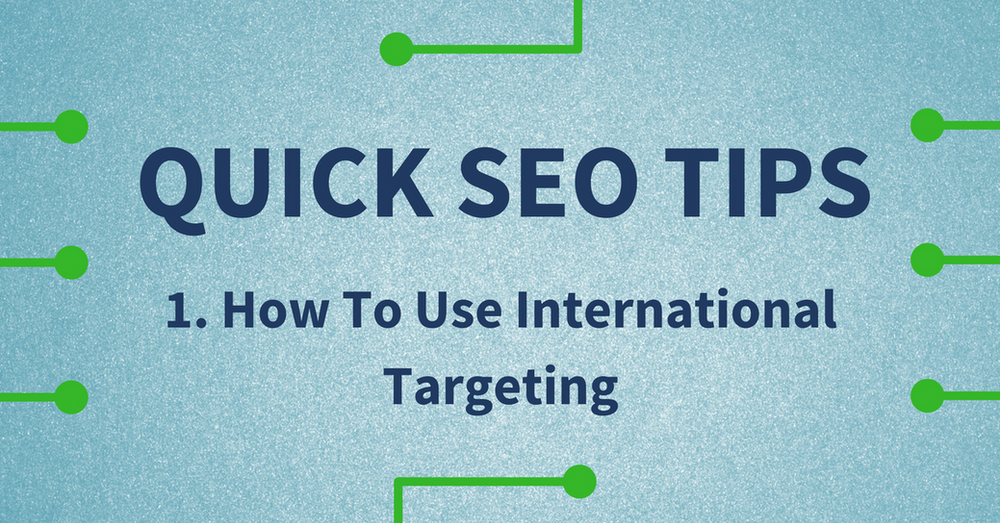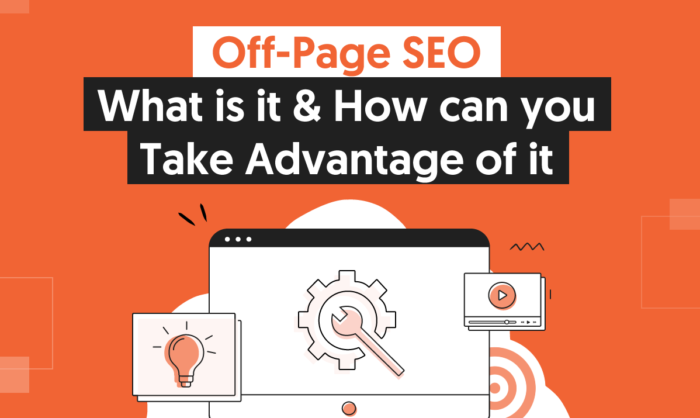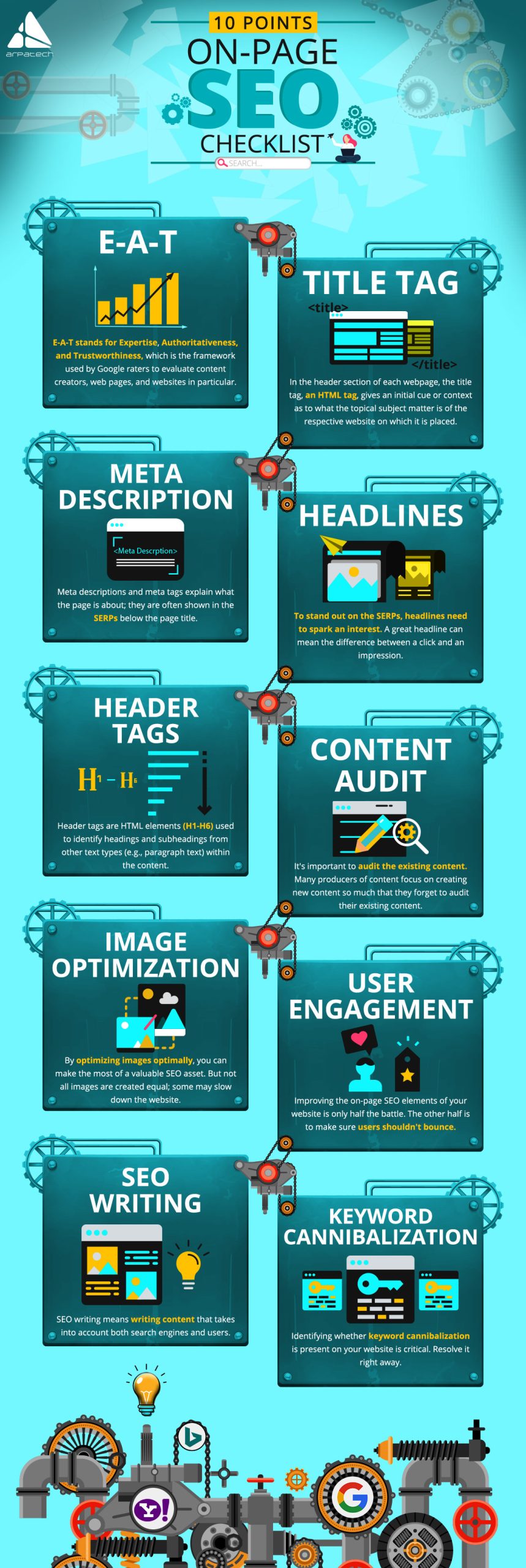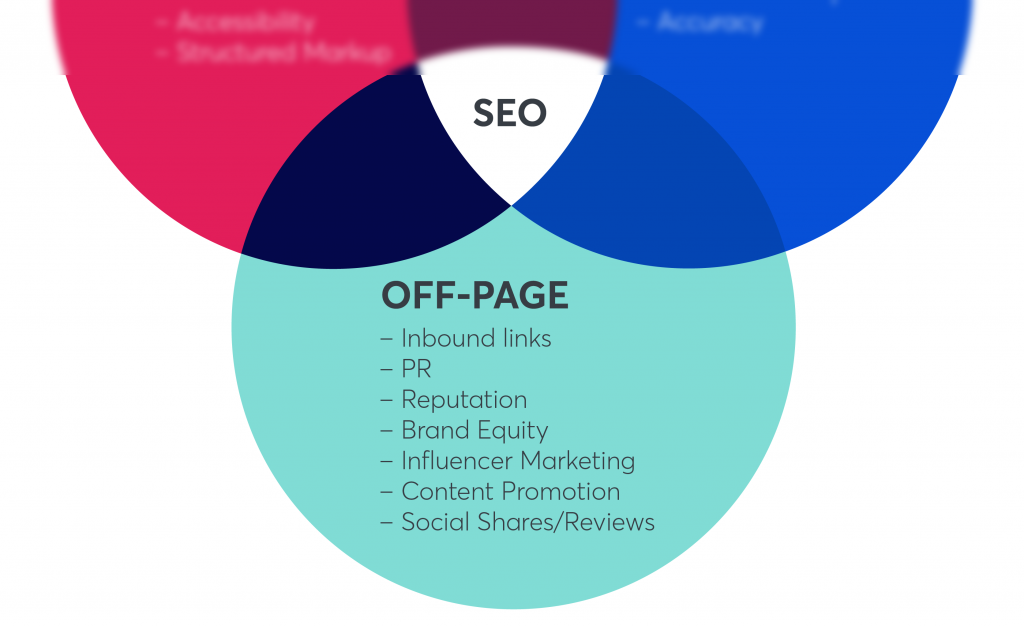Videos
Mastering Aso: Key Differences Between App Store And Play Store Optimization

In today’s world, mobile applications have become an integral part of our lives, and the competition for visibility and downloads has become fierce. App Store Optimization (ASO) is an essential strategy for mobile app marketing, helping developers increase their app’s visibility and downloads.
However, optimizing for the App Store and Google Play Store requires different strategies due to their unique ranking algorithms and metadata requirements. As such, mastering ASO is crucial for developers looking to succeed in the highly competitive world of mobile app development.
This article delves into the key differences between App Store and Play Store optimization, including keyword strategies, ranking signals, and metadata character limits. By understanding the differences and implementing the right strategies, developers can improve their app’s visibility and downloads on both platforms, ultimately leading to the success of their app in the market.
Key Takeaways
- Keyword strategies need to be tailored to each app store for optimal performance.
- Apple allows apps to rank much higher for long-tails when their metadata carries the exact matches of them.
- The way you assemble keywords in the metadata can have a huge ranking impact and should be managed carefully.
- Keyword optimization for the App Store is about managing limited resources and implementing tests rapidly.
ASO Strategies
ASO strategies for both the App Store and Play Store should be tailored to the unique challenges and opportunities of each app store, as one-size-fits-all approaches to keyword optimization should be avoided. It is essential to constantly evaluate and adjust keyword strategies for optimal performance. Marketers need to understand the differences between the App and Play stores to tailor their keyword strategies accordingly.

Best practices for ASO strategies vary between the two app stores. Short and snappy phrases that save space are best for the App Store, while story-rich paragraphs combined with advanced copywriting techniques are better for Google Play.
Decision-making on keyword selections should be resource-conscious for the App Store and conversion-conscious for the Play Store. Keyword volume and ranking data are not always transparent in ASO, and keyword search volume metrics are wildly inconsistent between the App Store and Play Store. It is crucial to keep in mind these differences and adapt keyword strategies to the unique challenges and opportunities of each app store.
Keyword Optimization Tips
Keyword optimization in mobile app stores can be likened to a game of cat and mouse, especially when it comes to the Play Store. Solutions providers often rely on the web version or estimate an average position based on sample devices. Android apps’ keyword optimization is almost never just about ranking, as it presents a challenge compared to the App Store. On the other hand, iOS apps have the opportunity to assemble some keywords without regard to their display. For both stores, the app title tends to have the strongest possible ranking signals, followed by the short and long descriptions. Moderate repetition is the key for keyword optimization, and metadata optimization techniques should be carefully managed to have a ranking impact.
When optimizing keywords, it is essential to compare Apple’s keyword popularity and Google’s keyword volume, as the metrics are wildly inconsistent between the App Store and Play Store. For the App Store, the decision-making on keyword selections should be resource-conscious. In contrast, for the Play Store, it should be conversion-conscious. Additionally, the keyword ranking positions are not always straightforward. The best strategy for Android apps is to have patience, while for the App Store, it is about managing limited resources and implementing tests rapidly. In conclusion, understanding the differences between the App and Play stores is crucial to tailor keyword strategies accordingly, and constant evaluation and adjustment are necessary for optimal performance.

| Column 1 | Column 2 | Column 3 |
|---|---|---|
| ASO Differences | App Store vs. Play Store | App Store’s search algorithm is sensitive |
| Keyword Strategies | Customized for each app store | Backlinks only work for Google Play |
| Keyword Volume | Inconsistent between the two stores | Metadata in the App Store has 160 chars |
| Keyword Occurrence | Affects only the Play Store | Short and snappy phrases work best for AS |
| Metadata Capacity | App Store (160) vs. Play Store (4,130) | Repetition is key for Play Store keywords |
Ranking Signals
Ranking signals are crucial elements that determine the success of mobile apps in app stores. The search algorithms of the App Store and Play Store consider various factors to determine the ranking position of an app. While the App Store’s algorithm places more emphasis on keyword optimization, the Play Store’s algorithm considers multiple factors, including app reviews and ratings, app usage, and engagement metrics, alongside keyword metrics.
Keyword metrics, such as keyword relevance, keyword density, and keyword frequency, play a significant role in the ranking of an app in both app stores. The App Store’s algorithm considers keyword optimization as a critical factor in app ranking, and apps with higher keyword density tend to rank higher. On the other hand, the Play Store’s algorithm uses a more complex approach, and keyword optimization is just one of the many factors that impact app ranking.
However, both app stores consider the relevance of keywords to the app’s content and user’s search intent. Therefore, app developers and marketers need to focus on using relevant keywords and optimizing them for both app stores to improve their app’s visibility and discoverability.
Challenges and Opportunities
Navigating the intricacies of app store optimization can be akin to traversing a labyrinthine maze, with a range of challenges and opportunities to be found along the way.

One of the main challenges is the differences in App Store vs Play Store keyword metrics. While the App Store’s search algorithm is more sensitive to keyword optimization, the Play Store offers significantly more characters to use for keywords.
Additionally, the way keywords are assembled in metadata can have a significant impact on ranking in both stores, and marketers need to be resource-conscious for the App Store and conversion-conscious for the Play Store when making decisions on keyword selection.
Adapting ASO strategies for unique app store challenges is crucial for success. Marketers need to understand the differences between the App Store and Play Store to tailor their keyword strategies accordingly.
For example, the App Store allows apps to rank higher for long-tail keywords when their metadata carries exact matches, while the Play Store presents a challenge for keyword optimization due to the cat and mouse game of ranking.

Understanding these challenges and opportunities, and constantly evaluating and adjusting keyword strategies, is essential for optimizing app store performance.
Customized Recommendations
To improve app store performance, it is recommended to develop a customized strategy that takes into account the particular challenges and opportunities of each platform. A cross-store analysis can help identify the differences in keyword optimization between the App Store and Play Store, and inform targeted keyword selection for each platform. While the App Store is more sensitive to keyword optimization and allows for higher rankings for exact match long-tail keywords, the Play Store provides more characters for keyword metadata and relies on backlinks for ranking.
To further optimize keyword performance, it is important to constantly evaluate and adjust strategies based on performance data. This can involve A/B testing different combinations of keywords, as well as monitoring ranking positions and search volume metrics. Keyword optimization is a continuous process that requires attention to detail and a willingness to adapt to the unique challenges and opportunities of each app store. By developing a customized strategy based on cross-store analysis and targeted keyword selection, app developers can improve their app’s visibility and increase downloads on both the App Store and Play Store.
| Challenges | Opportunities | Recommendations | ||
|---|---|---|---|---|
| Keyword volume data is inconsistent | Higher rankings for exact match long-tail keywords on App Store | Cross-store analysis to identify differences in optimization | ||
| Backlinks only work for Play Store | More characters for keyword metadata on Play Store | Targeted keyword selection for each platform | ||
| Keyword strategies need to be constantly adjusted | Keyword repetition stresses affect Play Store only | Constant evaluation of performance data | ||
| Keyword ranking positions are not always straightforward | Foreign storefronts offer higher keyword capacity | A/B testing different combinations of keywords | can help identify the most effective ones for your app. |
Frequently Asked Questions
What are the main differences between the App Store and Play Store algorithms for keyword optimization?
The App Store and Play Store have different keyword ranking factors and keyword density and relevance in app descriptions affect their search algorithms. Technical data-driven and analytical strategies must be used to optimize keywords for each store to achieve optimal performance.

How do backlinks affect keyword optimization for Google Play compared to the App Store?
Backlinks have a greater impact on Google Play’s organic rankings than on the App Store’s. This is due to Google’s algorithm placing a higher emphasis on external links. However, backlinks alone do not guarantee success in either app store.
What is the optimal approach for keyword selection and placement in App Store metadata?
Keyword research techniques are crucial in app store metadata optimization. Incorporating long tail keywords can significantly boost app ranking. According to a study, apps with long tail keywords in their title rank 10.3% higher than those without, evoking a desire for success in the audience.
How do keyword volume metrics differ between the App Store and Play Store, and what is the best way to track them?
Keyword volume metrics vary between the App Store and Play Store, with Apple’s Search Ads ‘Popularity’ score measuring popularity, and Play Store relying on web versions or average positions. Tracking methods include keyword research tools, but data can be inconsistent.
What are some unique challenges and opportunities for keyword optimization in each app store, and how can marketers adapt their strategies accordingly?
Keyword optimization in the App Store and Play Store presents unique challenges and opportunities. Localization challenges and user behavior analysis should be considered when adapting keyword strategies. Technical, data-driven and analytical approaches can engage audiences with a subconscious desire for freedom.


Hello there! I’m Louis Hill, the go-to guy for all things SEO and Keyword Research at Keyword Luv. My journey began at Ohio State, where I honed my skills in computer programming. But it’s the dynamic world of SEO and Online Marketing that truly captivates me. I’ve probably spent more hours ranking websites than most self-confessed computer nerds!
When I’m not immersed in the digital realm, you’ll find me pedaling through the countryside, embracing the freedom of cycling. Or perhaps, scribbling some not-so-great poetry, which I find oddly therapeutic. Travel is another passion, exploring new places and creating memories. And let’s not forget Duchess, my Golden Retriever. She might not be the typical retriever, but she’s perfect in her unique way!
Feel free to connect with me on Instagram or Facebook. Whether you’re curious about the latest trends in SEO, want to swap travel stories, or share a laugh over some bad poetry, I’m all ears. Let’s navigate this fascinating digital landscape together!







